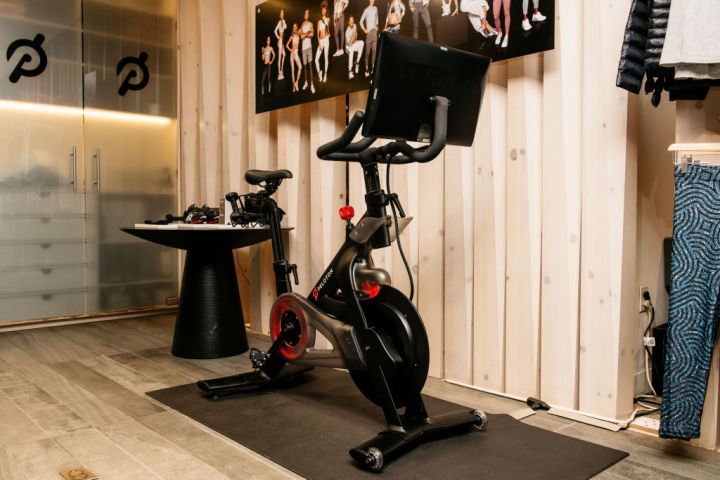
What makes a company more likely to issue a product recall? Maybe a new CEO
What makes a company more likely to issue a product recall? Maybe a new CEO

If you use a Pelton exercise bike, you might want to double-check your seat post.
After 13 reports of injuries, Peloton and the Consumer Products Safety Commission announced a voluntary recall for original Peloton model bikes. Owners don’t need to return the whole bike — they just send you a new seat post.
It’s the third significant recall Peloton has issued since 2020, but the first since its new CEO took over last year.
Recalls are — unsurprisingly — not good for business. Companies have some discretion on how quickly to issue them. Thus, the term “voluntary recall.”
But issuing a recall too slowly also has its costs, according to Consumer Reports’ William Wallace, who said Peloton may have learned that lesson.
“It does seem like Peloton is doing better than it did in 2021, when frankly it didn’t seem like they knew what they were doing at all,” Wallace said.
In 2021, Peloton’s then-CEO John Foley apologized for not responding quickly enough to safety concerns about the company’s treadmills. A new CEO took over last year.
Indiana University business school professor George Ball said his research shows the odds of a recall go up significantly when a new boss arrives.
“They’re much more open to recalls the first couple years where, they’re really not culpable yet,” Ball said.
In a statement, Peloton told Marketplace it hoped to be judged by how fast it managed the situation when it thought there might be an issue.
There’s a lot happening in the world. Through it all, Marketplace is here for you.
You rely on Marketplace to break down the world’s events and tell you how it affects you in a fact-based, approachable way. We rely on your financial support to keep making that possible.
Your donation today powers the independent journalism that you rely on. For just $5/month, you can help sustain Marketplace so we can keep reporting on the things that matter to you.











